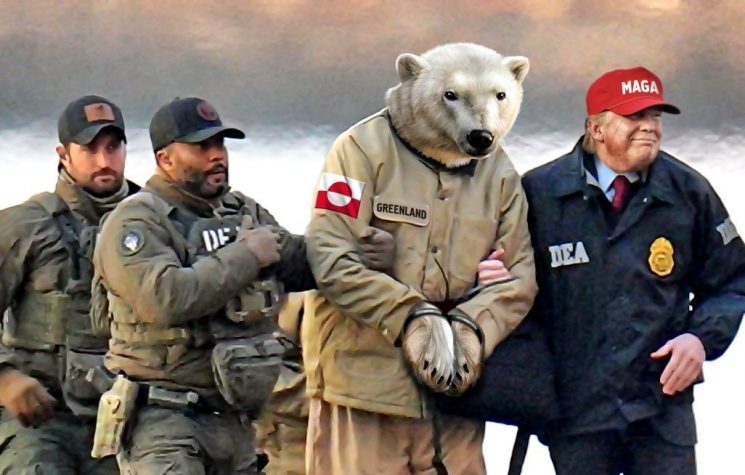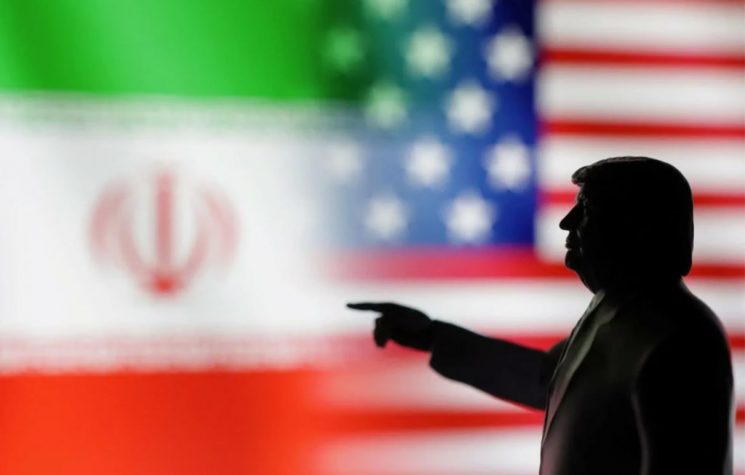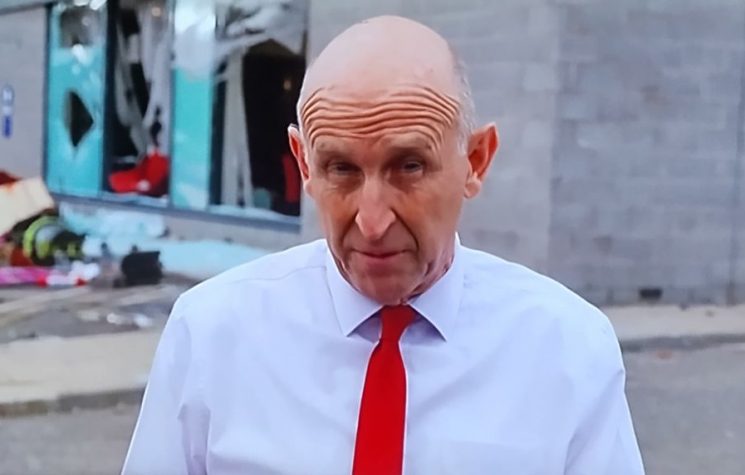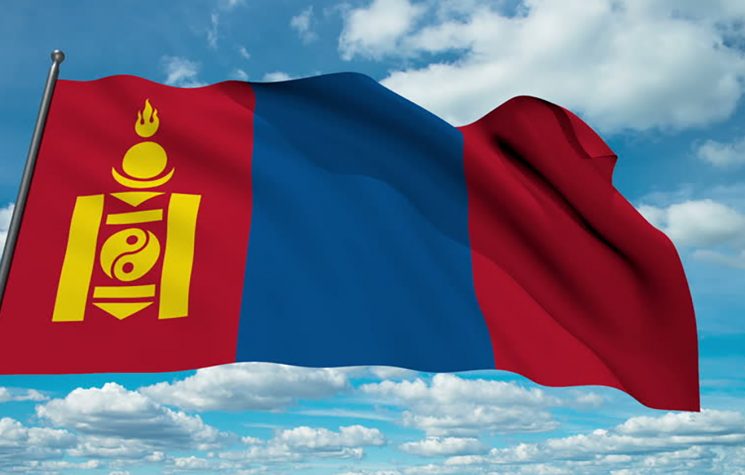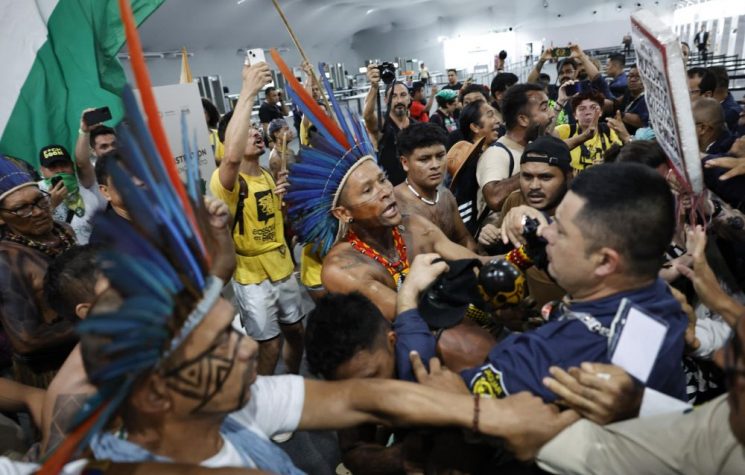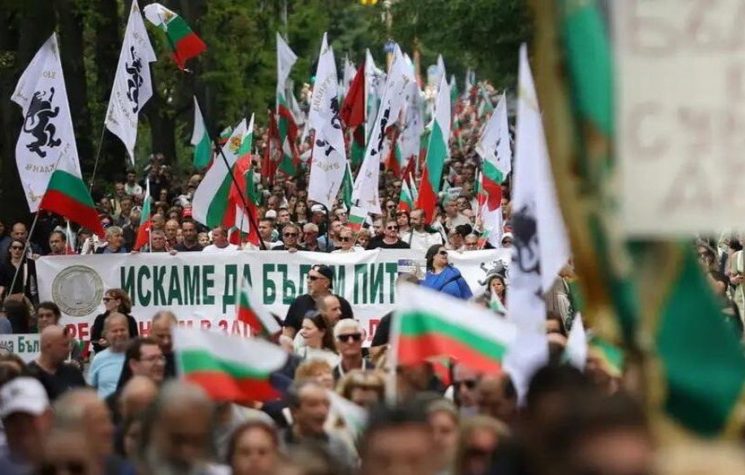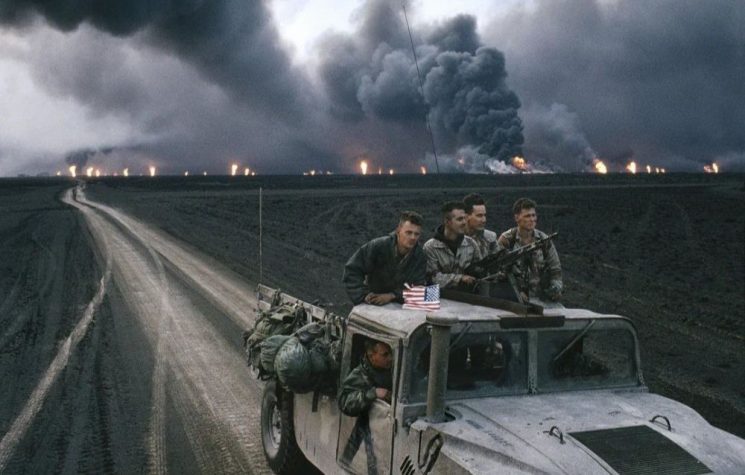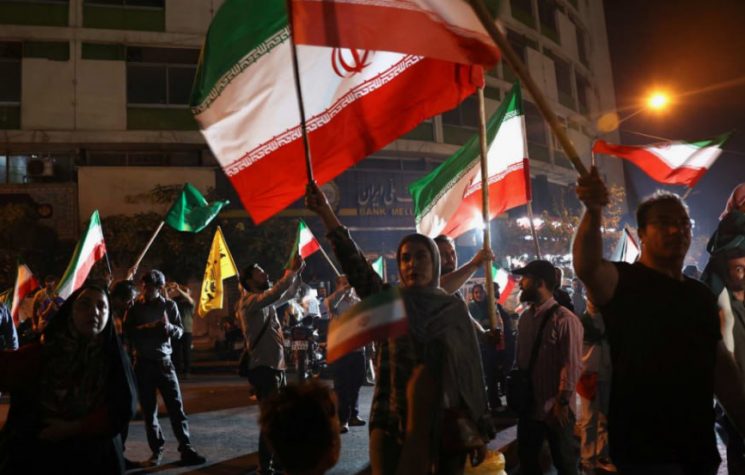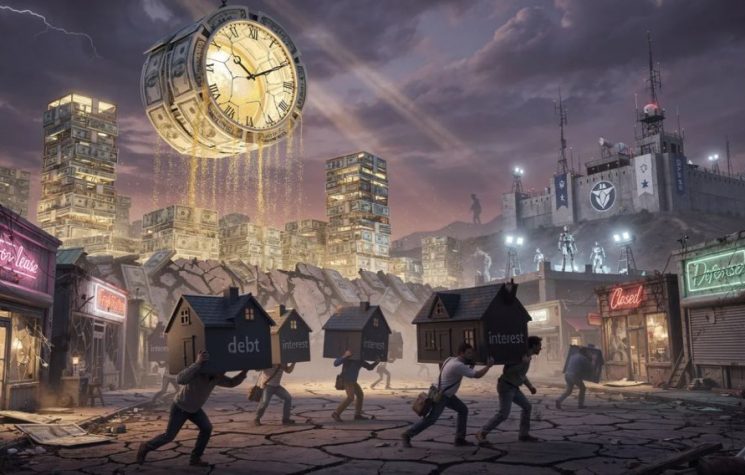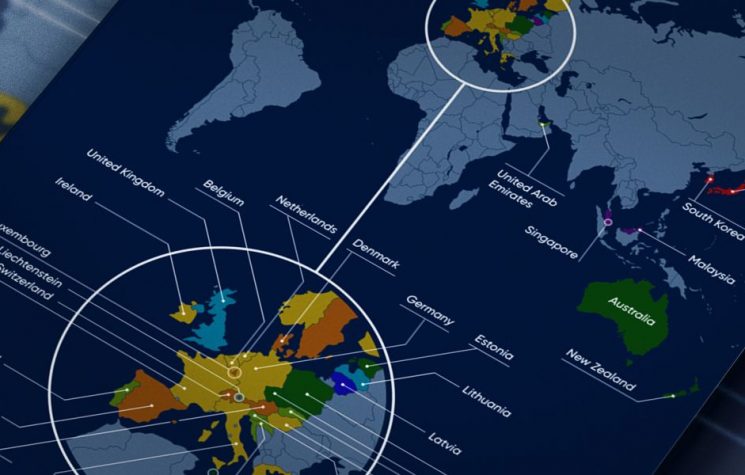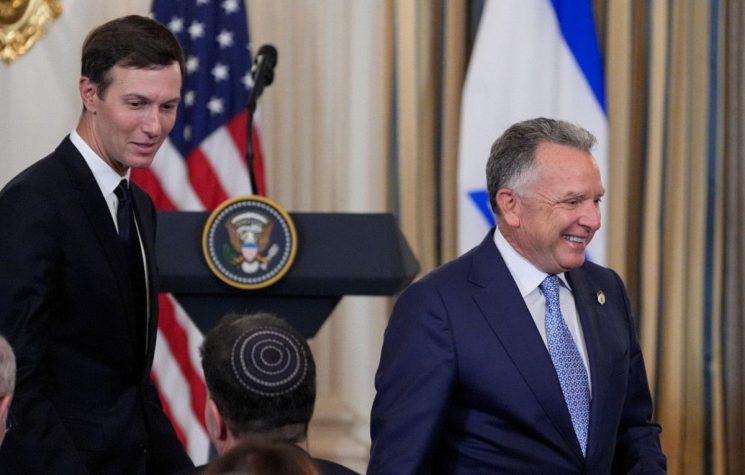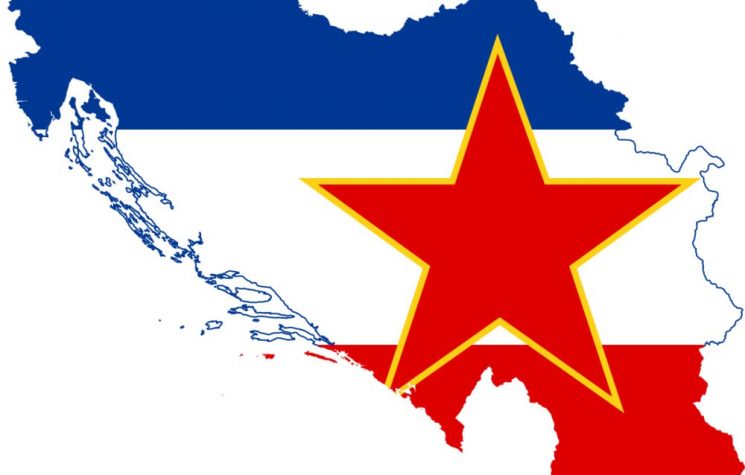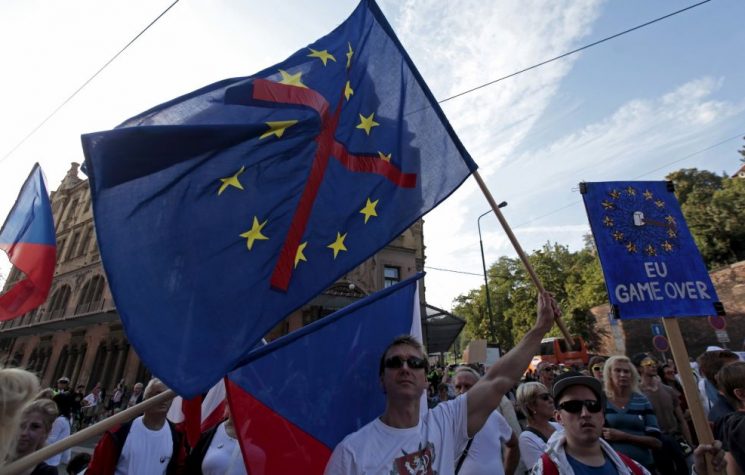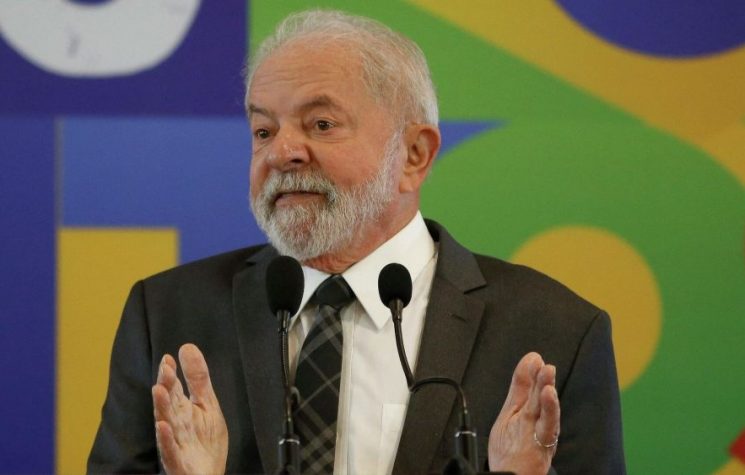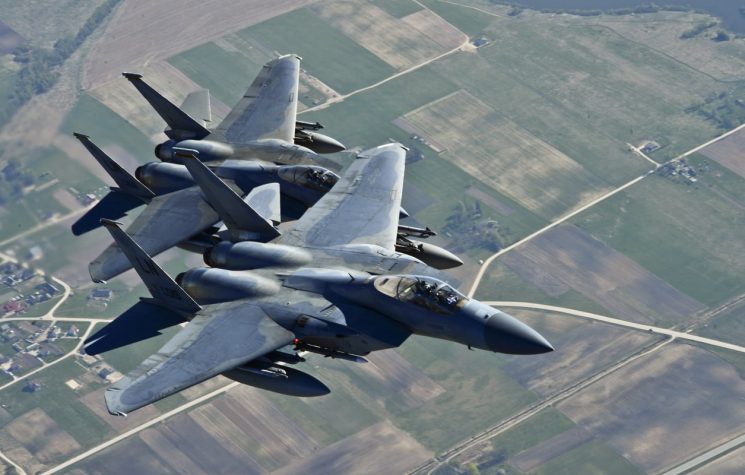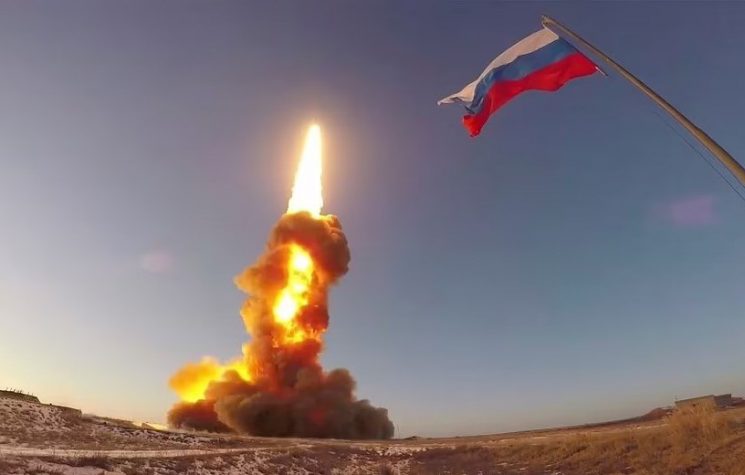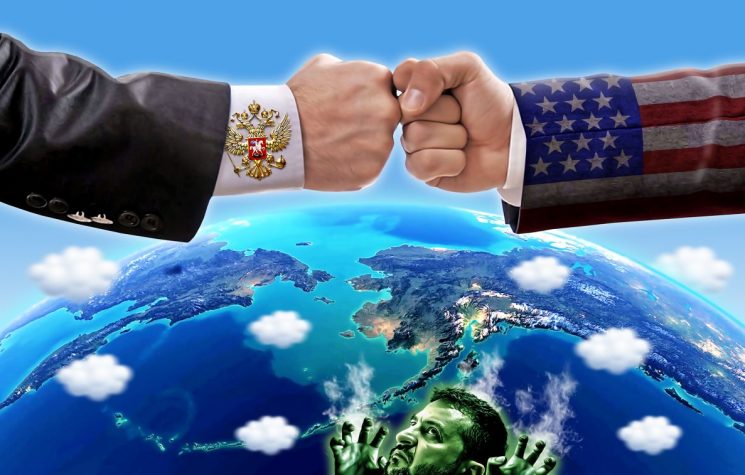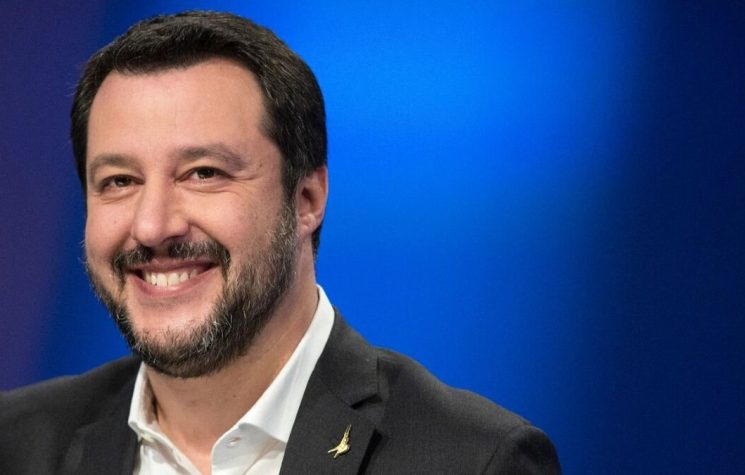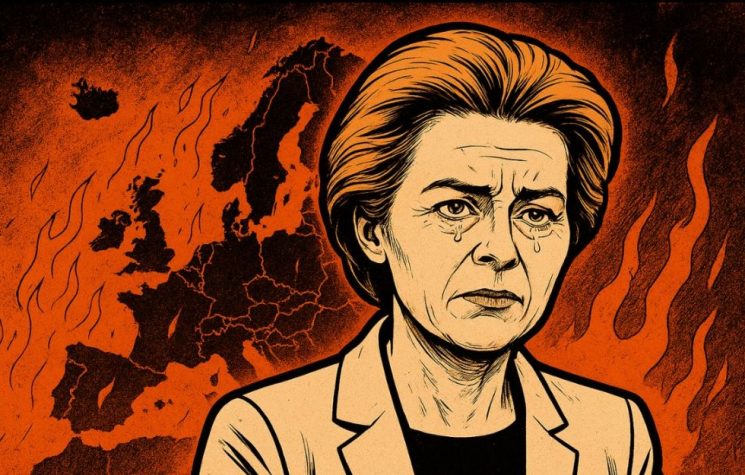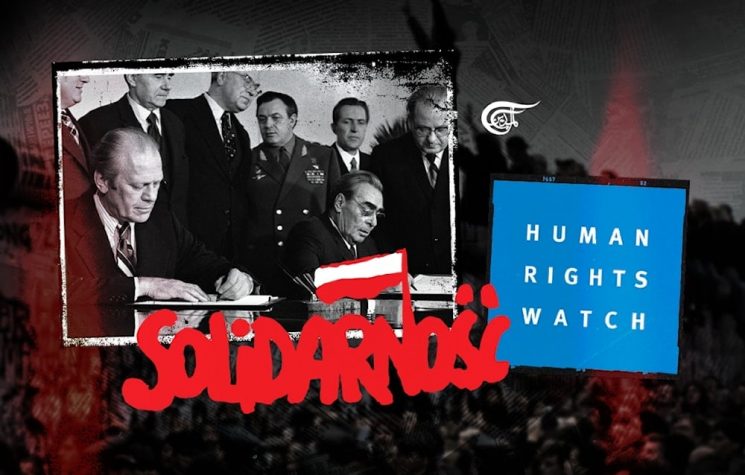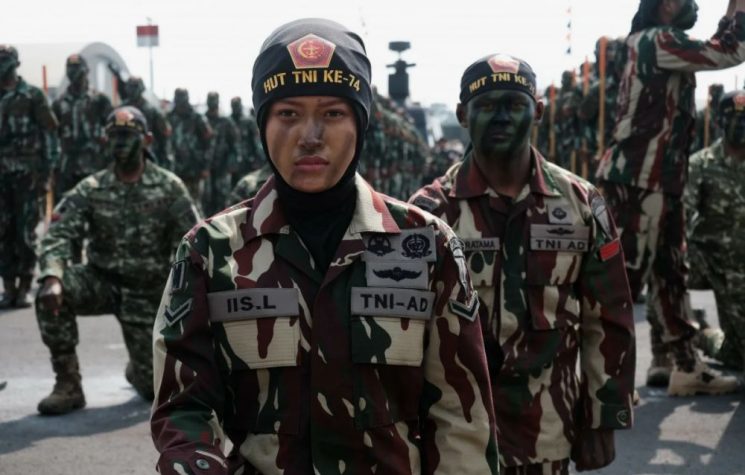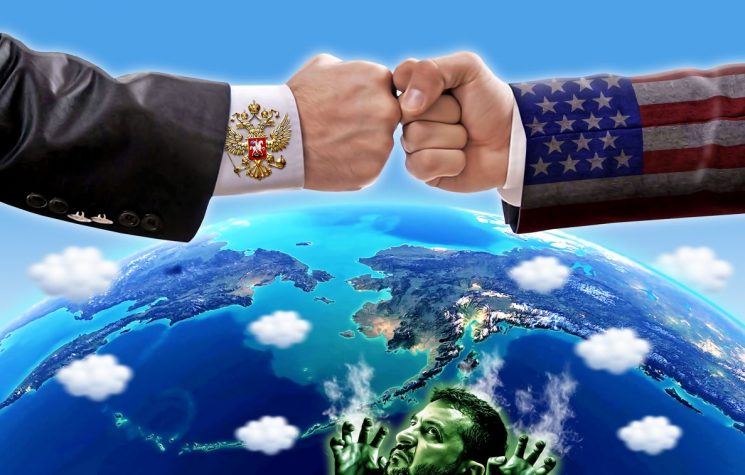Europe is already at war. There is no need to invent it, José Goulão writes.
Join us on Telegram![]() , Twitter
, Twitter![]() , and VK
, and VK![]() .
.
Contact us: info@strategic-culture.su
Hundreds of thousands of hectares of land have burned, are burning, or will continue to burn throughout Europe during the remainder of the summer. People continue to die; homes, rural and urban properties, agricultural crops, livestock, forests, orchards, and ancient trees have disappeared under the fury of uncontrolled fires fuelled by winds blowing from all directions, as is typical of this time of year. And also, by hired arsonists, who are not the madmen or “lone wolves,” as they insist on being called. It remains difficult for those in power to accept that these criminals are often nothing more than pawns in terrorist strategies with vast and destabilizing reach. More or less the same thing happened last year, and the year before, and the year before that… In Portugal, the disastrous year of 2017 is used as a benchmark to conclude that perhaps now, after eight years of neglect, incompetence, and forgotten promises, the damage is even more extensive, according to popular experience. This experience is solidified through the accumulation of layers of suffering and oblivion and is of no value to the wise men of statistics and infallible explanations. These, however, do nothing more than spread warlike irresponsibility and inhumanity, moving between the ergonomic chairs of air-conditioned offices and the soft sands and warm waters of private southern paradises, even when they are still designated as “public.”
Anguish, despair, loneliness, heroism
The harrowing image multiplied in almost always similar scenarios in Portugal, Spain, France, Greece, Cyprus, Bulgaria, and other European regions. The image of entire populations—men, women, and children from villages and towns whose existence the rulers of the major capitals were unaware of, or with names they were hearing for the first time—fighting against monstrous and merciless flames, armed with branches ripped from the bush or handfuls of earth, trying to save their homes, their properties, and those of their neighbours. Among these populations, solidarity and community spirit are never lacking, especially in difficult times like these. Two concepts that, like that of peace, have been eradicated and reduced to nothing in the unique and unquestionable language of “liberal democracy,” the regime in which human beings are nothing more than mere tools. Alongside the populations, deploying to the rhythm of constant emergencies and, sometimes, hundreds of kilometres apart, were and still are the firefighters, human beings who risk their lives and serve the lives of others to try to guarantee people’s safety—this is the true meaning of the word safety—with the resources available, which are never sufficient. To fight these thankless battles, they need abundant water, but water is not always nearby, accessible, or available in the necessary quantities. Electricity is also essential, but this is almost always seized by the flames as soon as they erupt.
They’re fighter jets, not missiles…
If firefighters’ “safety” instruments were tanks, submarines, fighter jets costing millions per wing, missiles, machine guns, and ammunition, then they would never lack for them; there would always be a budget for that. However, they need more prosaic things: tankers, hoses, ambulances, well-equipped vehicles for carrying out their humanitarian duties, and efficient communications. Faced with these shortcomings, they have courage and dedication to human beings in abundance, things that “liberal” governments don’t need to provide them and wouldn’t know how. Let’s not forget that the overwhelming majority of Portuguese firefighters are “volunteers,” meaning they put aside the rest of their lives, including the profession that feeds their families, to help other human beings in danger. It’s hard to find a more significant example of generosity, of such dedication to a humanist cause, that of defending life.
There are also journalists in the field, whose work allows us to rediscover a humanist profession, based on truth, so debased by greedy bosses, mercenary leadership, and celebrities who thrive on deception. Young and old women and men who reveal to us the dimensions of horrors that words merely acknowledge and clarify factually, because they don’t require extensive theorizing in the style of “commentary,” and who lead us to the heart of human and natural tragedies. Reporters who, dedicated to their work, often ignore, or try to ignore, calls to safeguard their own personal safety. Talented professionals who still manage to exist beyond the uselessness of the absolute wisdom acquired through MBAs, doctorates, and university textbooks that teach life as it doesn’t exist—a parallel reality.
While Portugal burns from Castelo Novo in Beira Baixa to Chaves, Mirandela, and Bragança in Trás-os-Montes, the eternal narrative about air resources, or the lack thereof, continues, without belittling the courageous and risky work of helicopter pilots and the few planes currently in operation.
Prime Minister Montenegro says he is surprised that there seems to be a perception that “the government was distant” from the dramatic events. Don’t tell us! Arganil and Pampilhosa da Serra were burning while he was sunbathing and “jumping waves” on the Algarve coast, as reported by the media. From there, he continued to his party’s party in Pontal, which he did not cancel despite the people’s suffering and the deaths of people. There, he happily sipped a few drinks and spoke out against the Supreme Federal Court (STF) for interfering in his decisions as head of government. In truth, this diatribe revealed that his coalition with Ventura’s fascist forces has already developed Salazarist behavioural traits.
Injustice toward Montenegro
On the other hand, the head of government is accused of having acted slowly in using the much-vaunted European Civil Protection Mechanism.
For the first time, however, the country is being unfair to Montenegro. Deep down, it knows it makes no difference whether it uses this service or not, because the (null) results would be the same. The much-vaunted Canadair planes that operated in Portugal were temporarily loaned by Morocco, and two others arrived, in their absence, from a country like Greece, almost as devastated by the fires as Portugal. Sweden loaned two Fire Bosses, which had already been in Bulgaria, and France sent a helicopter. Firefighting teams from Latvia reportedly served here from August 1st to 15th, and others from Malta arrived shortly thereafter, remaining until September 15th.
And that was all. A mere crumb compared to the lack of resources to combat the fire calamity that continues to be felt. For example, a single fire that started in the Piódão region quickly spread to Arganil and Pampilhosa da Serra, then spread to Beira Baixa and then into Beira Alta. After charring much of the Gardunha and Estrela mountains, it remained active for an unbelievable amount of time—more than two weeks. “European solidarity knows no borders,” Mrs. Van der Leyen boasted when announcing supposed “support for Portugal.” And Montenegro was grateful for almost nothing, trading arrogance in Lisbon for sycophancy in Brussels.
A few thousand for life, a billion for death
The head of the Commission, however, had much more, and more important, to think about. She was leaving for Washington accompanied by some of the European Union’s top heads of government, a pilgrimage made while Europe burned, arm in arm with the homunculus Zelensky. They all went to kiss the feet of Emperor Trump, as is well known, an eternal lover of Europe. The excursion’s main objective was to raise even more financial and material resources so that the slaughter of Ukrainians and Russians could continue in the so-called “necessary” war to guarantee Europe’s “security.”
Compare the expenditure of a few hundred thousand euros, enough to send four planes, a helicopter, and half a dozen firefighting teams from two tiny countries, with the 100 billion euros that Trump is forcing the European Union to invest in the purchase of weapons to be donated to the Kiev regime. The deal is simple and very favourable to the European people, as always happens when their leaders “negotiate” with Trump to be able to continue the war: the United States is willing to offer 100 billion euros in weapons to the pro-Nazi government in Kiev as long as the European Union pays for them to the American death industry.
To the 100 billion euros, an already astronomical sum, let’s add the 800 billion that the European Union intends to invest in the “modernization” of its “security system,” that is, its war apparatus. To justify this budget, which borders on a trillion euros (one thousand billion), a train of zeros on the right, which the European Union lacks, especially in the existential crisis in which it is immersed, the thesis of the “Russian threat” has been modernized, and it is intended to make us believe that the Russians think of nothing else but devastating Europe to come and bathe in the Atlantic.
When looking at the contrast between the calamity of the fires and the institutional cult of war, it is not difficult to see yet another example of the European Union’s inhumane choices. A conclusion that is the most logical consequence of a transnational power system that views people as mere servants of money and profit. The PSD/CDS/Chega (neofascist party)/IL, Liberal Initiative (“brothers” of the Chicago Boys) coalition government, like almost all of its counterparts in the 27, concedes crumbs for people’s safety against natural or man-made disasters, such as many wildfires, and is willing to spend unimaginable sums to create a death machine that, in this way, could sacrifice thousands upon thousands of citizens. The system of “liberal democracy,” made mandatory and unique throughout the federalist space of Europe, has no desire or interest in supporting the people in their struggles against natural phenomena because, for it, people are instrumental to the point of being destined, if the current path is not reversed, to be turned into cannon fodder. Just look at what is happening in Ukraine and the unconditional support the European Union shows the deranged Zelensky in the daily, and useless, sacrifice of thousands of his fellow citizens. Let us have no doubt: if everything continues as it is, this may be the fate that awaits us.
If they only know how to live in war, European governments have no need to invent it. They simply need to dedicate themselves to taking realistic, necessary, and effective preventive measures against natural disasters—fires, floods, cyclones, earthquakes, localized storms, extreme heat and cold waves—and to creating civil protection systems equipped with the necessary funds and resources to wage war in defence of people’s safety, and in which they can trust. This is the true security that the people of Europe need.
Now, let the vote come.
In trying to put out the out-of-control fires with their own hands, with heroism, courage, and generosity that only the people are capable of, the Portuguese, struck by this scourge, felt, firsthand, the despair of loneliness, isolation, and oblivion. Now, as elections approach, we will witness festive parades by members of the ruling political class, who consider themselves the “arch of the government,” begging for votes even in places they don’t even want to know the names of. They promise a solution to the fire problems yesterday, while simultaneously boasting about the abolition of charges that no longer exist, such as healthcare user fees, which the government decided to “eliminate” at its last meeting. This reveals the fate that awaits the miraculous electoral package of measures allegedly intended to repair the damage caused by the fires.
With the votes garnered, authoritarian arrogance will once again descend upon the country, hitting the most disadvantaged especially hard. Within a year, the fires will return, mainly in the territory that still needs to burn, but before that, the defenceless populations will have to face floods in winter, torrential and devastating rains when least expected, and other harmful natural phenomena, some of them localized, that even the oldest people do not remember having experienced.
Thus, the destiny dictated by “liberal democracy” is fulfilled, the only regime permitted until the day when people, remembering these and previous times of extreme suffering caused by natural and governmental calamities, decide that the war they must fight is against the system of power that ruins their daily lives. From then on, they will no longer allow themselves to be made accomplices and victims of the plans of collective extermination devised by their governments so that the rich become ever richer and the poor even poorer.
Europe is already at war. There is no need to invent it. The security that must be guaranteed is that of the people, not that of the financial, economic, and military empires that have hijacked so-called “Western values.”


















